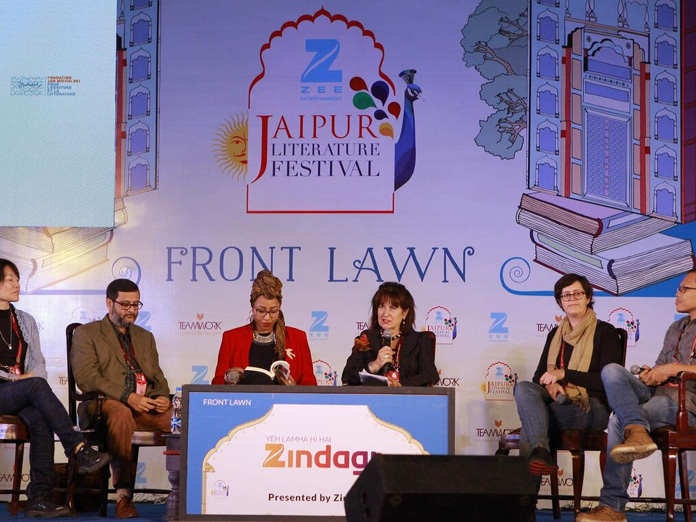Live
- Over 71.81 crore Ayushman Bharat Health Account numbers generated: Centre
- In special gesture, Kuwait's Prime Minister sees-off PM Modi at airport after conclusion of historic visit
- Veer crowned PGTI Ranking champion, Shaurya wins emerging player honour
- Sr National Badminton: Unseeded Rounak Chauhan, Adarshini Shri reach singles semis
- Punjab seeks central assistance to strengthen security in areas adjoining Pakistan
- Malaysian national held from Tamil Nadu for cyber fraud of Rs 2.81 crore
- Child marriage will be eradicated by 2026: Assam CM
- PMK President Anbumani Ramadoss urges TN government to act against online gambling
- From defence to culture and sports, India and Kuwait sign key agreements during PM Modi's visit
- Mahakumbh 2025: 110 mist blower machines and 107 fogging units to keep Akharas insect-free









